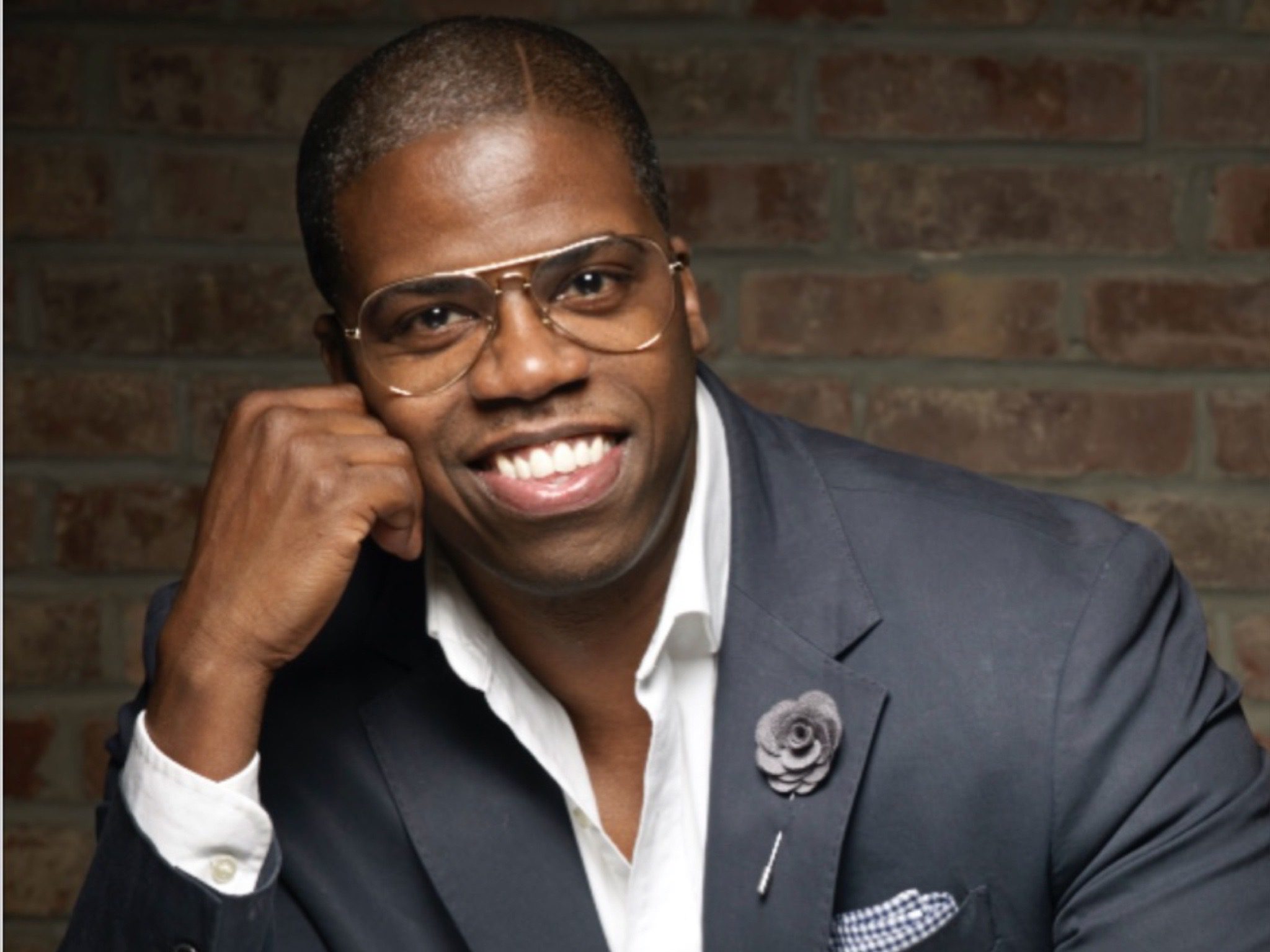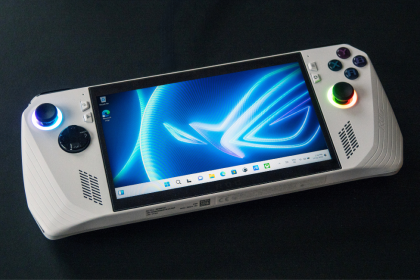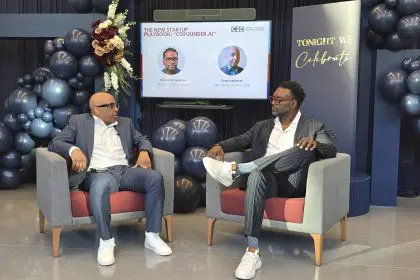
Imari Oliver, the founder and CEO of Bond & Play, works with a bias toward action and understands the value in operating at the edges of culture. Oliver recently launched FinTech BLK Fest, and this year added RCKARTx, a next-generaton immersive art festival — both designed as opportunity accelerants and on-ramps for Black and other historically excluded communities into the Web 3 economy.
With a global career in advertising, gaming and strategy, Oliver’s mission is to wrap the emerging wave of technology in culture and bring it to life as the stakes are too high to leave anyone behind.
What is Bond & Play?
My company, Bond & Play, started about four and a half years ago. It’s a holding company for a portfolio of companies that [build] platforms for different domains. Those domains include, Web 3, FinTech, Blockchain, cryptocurrency, eSports, gaming, streaming media, the future of media, and advanced media as well.
How important is the culture when it comes to technology?
One of the things we like to do is innovate at the edges of culture. Our motto is “Education is the pathway, but culture is the vehicle that gets us there.”
When you think about Black America, and how we are leading culture and creating a pop culture around the world, the opportunity for me is how do we now use that to monetize and take our cultural IP that has made people around the world billions of dollars. And how do you use that now to impact and influence for the benefit of the lives of the people in the community who are creating it?
One of the main skill sets when I think about design thinking is curiosity and imagination. You have to be curious, and you have to be able to use your imagination to think about different cases and states of people.
What does it mean to be a design thinker?
Design thinking is like you designing for people and for the community. You put them first and put them at the center of everything. So when we think about iPhones, you don’t need a manual when you have one. You just take it out of the box and you figure it out because it’s thoughtful of how it’s designed and how it’s used. It’s thinking about us, so it becomes intuitive.
It’s almost like the technology becomes invisible, where you don’t think about it anymore and that is being used to solve all sorts of problems around the world. When you start putting people at the center of a solution, you start thinking about them first, then you think about the standards, structure and strategy. It comes out of this thinking of human-centric design, where now I think about what my community needs first, before what I need.

















